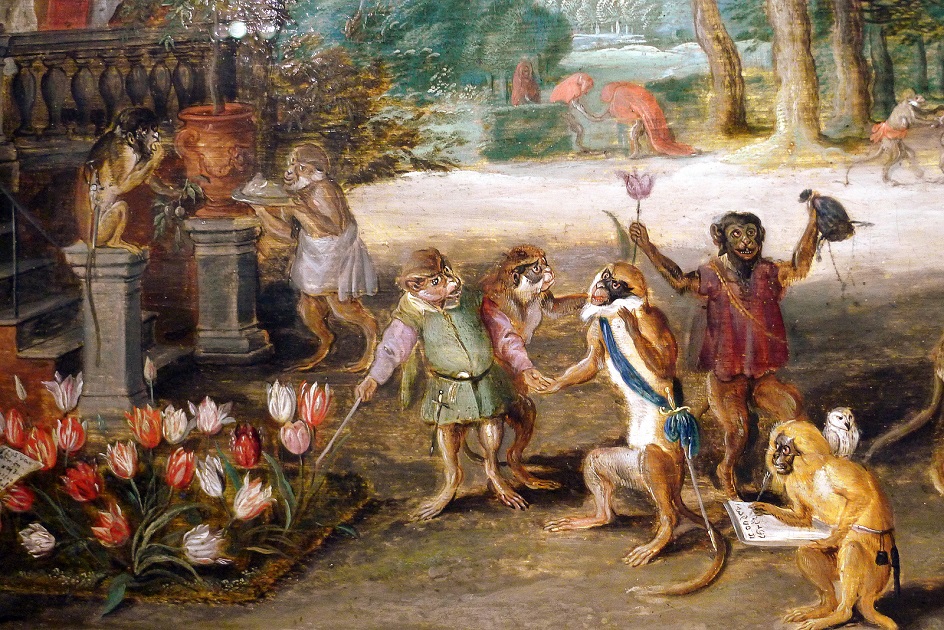Extraordinary Popular Delusions and the Madness of Crowds
In 1841, a British journalist called Charles Mackay wrote a book called Extraordinary Popular Delusions and the Madness of Crowds. I am enamoured of the title, which succinctly describes a phenomenon in which I have an abiding interest. Malta had its own recent example of this extraordinary form of what, in many ways, is prolonged and slow-boiling mass hysteria, in the years leading up to the 2013 general election, which brought Muscat’s party to power with an unprecedented 36,000-vote majority. Then came the cold light of dawn. But that decision can technically be undone in a little under two years, now that the ‘madness of crowds’ has more than dissipated, even if many of its consequences are now permanent or far-reaching.
Britain’s decision to Leave the European Union, however, cannot be undone, even though it was manifest on yesterday’s television coverage that there is no jubilation but only a sort of oh-God-what-have-we-done shock. The cold light of dawn – literally, in their case – was immediate.
Charles Mackay wrote his book about one of the most extraordinary episodes in Europe’s long and chequered history of the madness of crowds, which was rare in that it did not involve war or revolution. This was Tulip Mania, a period in the Dutch Golden Age when people began feverishly buying and selling bulbs of the newly discovered tulip, with rare and exotic varieties fetching enormous prices. Then suddenly, the whole thing collapsed.
Tulip bulbs were not naturally precious; there is nothing intrinsically wonderful or valuable about them. But popular delusion and the madness of crowds turned them into highly-sought-after collectables and investment items, and at the peak of the madness, in March 1637, single tulip bulbs of particular varieties sold for as much as a skilled craftsman earned in 10 years. Then it all collapsed. As reality dawned that what people were buying for phenomenal sums was just a flower-bulb, the whole thing crashed. Many people were ruined financially and the Dutch economy suffered a severe shock.
We look back and think, “Tulip bulbs, really?”, and wonder if they were mad. Not mad in and of themselves, but the madness of crowds, which is different, with people influencing each other and popular delusion taking over to such an extent that even otherwise rational people are carried away. Then when the crunch comes they are frozen in dismay and disbelief, looking back on their euphoric selves and wondering what on earth came over them to think and behave so irrationally.
A reader reminded me of something this morning, which triggered this post. “Just to put things into their proper perspective,” he wrote, “the £250 billion that the Bank of England is prepared to spend to mitigate the effect of the plunging pound is the equivalent of 31 years of the British government’s current net contribution to the EU budget. And over and above those £250 billion, you have to consider the costs to companies and individuals. Madness.”
Extraordinary popular delusions and the madness of crowds are not to be brushed off because they have brought about Europe’s greatest catastrophes. It was extraordinary popular delusions and the madness of crowds in the 1930s which led to the outbreak of the worst war the world has ever known, with the devastation of Europe and the death and murder of countless millions.

Detail of Jan Brueghel the Younger’s Satire of Tulip Mania, 1640
